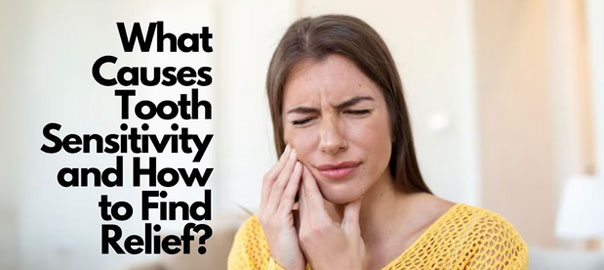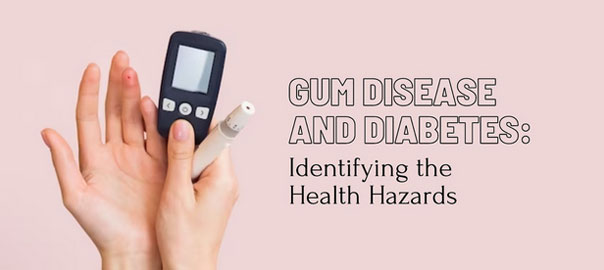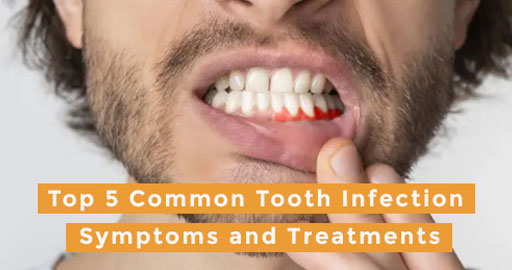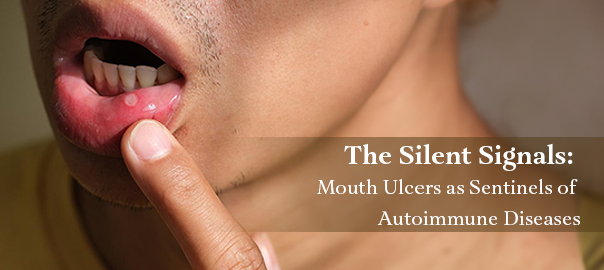
Sensitivity Struggles: What Causes Tooth Sensitivity and How to Find Relief
Sometimes, tooth sensitivity becomes a very painful and frustrating condition that many people face. It occurs when the enamel wears off, thereby exposing the inner dentine and nerve endings. As a result, the individual might respond to hot, cold, sweet, or sour food and beverages. Here, in this blog post, we will discuss the causes of tooth sensitivity and the means through which you can be aided in dealing with this prevalent dental condition.
Causes of Tooth Sensitivity
- Enamel Erosion: Over time, the outer layer of enamel of a tooth can gradually wear away. It may be because of frequent heavy brushing or ingestion of foods and beverages rich in acids or habitual grinding of the teeth. Once enamel thins out, the inner, more sensitive dentin layer is exposed, making the patient concerned about stimuli sensibility.
- Roots: Their exposure would be quite simple due to gum recession if the patients have gum disease or brush using the ‘wrong’ technique, which wears away the tissues. Because of this thinness, the roots are more prone to sensitivity as they lack all these protective layers of enamel.
- Dental caries: The infected regions within the tooth create cavities, and once the decay has penetrated past the inner layers that include dentin and nerve endings within them, then dental sensitivity arises
- Cracked or fractured teeth: A cracked or fractured tooth gives entry ways for the agents that will cause sensitivity, towards the nerve endings within the tooth
Relieving Tooth Sensitivity
- To a soft-bristled brush: Brushing with a hard bristled-brush or too much pressure on the teeth will wear away the enamel and have the gums retract. Changing to a soft-bristled brush and gentle circular brushings won’t result in any further damage.
- Use desensitizing toothpaste: There is a special kind of toothpaste specially made for people with sensitive teeth. It’s called desensitizing toothpaste. Such a toothpaste is incorporated with, such as potassium nitrate or strontium chloride, whose effect is to block nerve endings and gradually decrease sensitivity.
- Practice proper oral hygiene: A large fraction for preventing and managing tooth sensitivity practice oral hygiene. Brush your teeth at least twice daily with fluoride toothpaste and clean between your teeth once a day for removing plaque and gum disease prevention.
- Avoid acidic and abrasive products: Acidic foods and drinks, like citrus fruits and products, soda, sports drinks, etc. cause erosion of enamel. Or abrasives, like teeth-whitening stuff, or hard candies, which can make them become sensitive. Avoiding exposure to these damaging products will protect your teeth.
- Reduce tooth grinding: In most cases, individuals grind their teeth when they sleep. The above condition would help deal with this. Teeth grinding will cause extensive erosion of enamel and fractures in the teeth, which is very painful sometimes. The dentist will advise on a mouthguard or other treatments for grinding.
- Make it a point to visit your dentist regularly: A check-up like any other in life, if you feel that you have developed sensitivity, then regular visits to the dentist are required. Checking and diagnosing reasons that may lead to this condition help in taking precautions or even treating them right away. If there are deeper problems, then your dentist can rectify them, and certain treatments such as fluoride varnishes or dental sealants can eventually reduce your sensitivity.
- Nutritional change: Add in food that contains calcium, phosphorus, and vitamin D into your diet to ensure your teeth stay healthy and hard. Do not take any drink or food at extreme temperatures because this will make your teeth sensitive.
- Dental Procedures: Your dentist can prescribe some dental procedures depending on the severity of your case to heal the sensitivity of your teeth. The some of the dental procedures include bonding, gum grafting over exposed roots, and applying dental sealants on sensitive areas.
Conclusion
This undoubtedly leaves an impact in your day-to-day life as it not only creates discomfort but also limits your choices of food. Having understood the reasons for tooth sensitivity and known the tips provided above in this blog post, one can easily overcome the pain due to this type of sensitivity in teeth. More or less, proper oral hygiene coupled with proper dental care along with desensitizing toothpaste can control and prevent such tooth sensitivity. Keep your dental health, and visit your dentist for the best guideline and treatment options.





